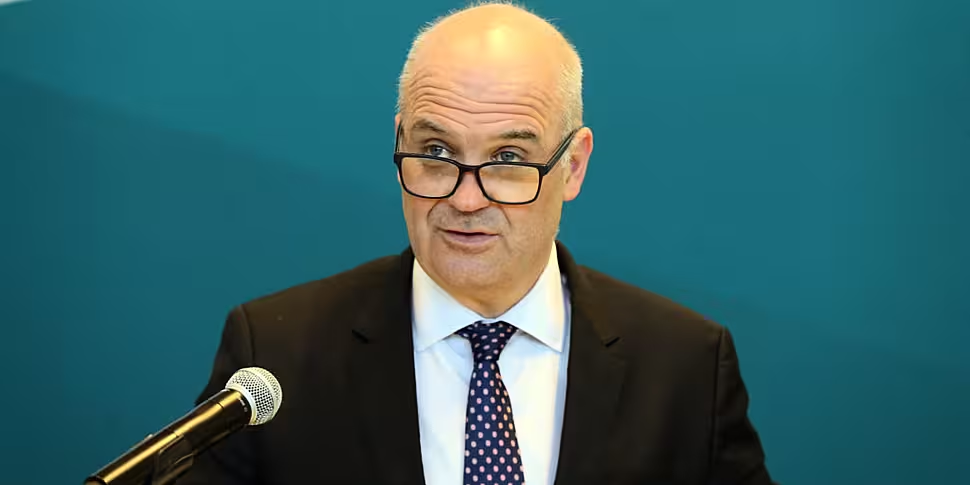The Department of Health says 8,377 people have so far fully recovered from COVID-19 in the community.
This represents 55% of the total number of cases.
A further 856 people - or 6% of overall cases - have also recovered and been discharged from hospital.
On Tuesday, 44 more people diagnosed with the virus here died.
Some 37 deaths were in the east of the country, two in the west, two in the north-west and three in the south.
This included 26 women and 18 men with a median age of 87.
While 33 of these people were reported as having underlying health conditions.
There have now been 730 COVID-19 related deaths in Ireland, while the number of confirmed cases here is at 16,040.
Data from the HPSC, as of midnight on Sunday, reveals:
- 56% are women and 43% are men, with 491 clusters involving 3,447 cases
- The median age of confirmed cases is 48 years
- 2,323 cases (15%) have been hospitalised
- Of those hospitalised, 315 cases have been admitted to ICU
- 4,180 cases are associated with healthcare workers
Dublin has the highest number of cases at 7,781 (50% of all cases) - followed by Cork with 1,053 cases (7%).
Of those for whom transmission status is known community transmission accounts for 60%, close contact accounts is 35%, and travel abroad accounts for 5%.
As of midnight on Monday, a total of 111,584 tests have been carried out.
Over the past week, 20,822 tests were carried out and of these 4,025 were positive - giving a positivity rate of 19%.
Dr Tony Holohan, Chief Medical Officer, said: “An analysis of 15,186 cases reveals that 8,377 have fully recovered from COVID-19 in the community, while 856 recovered and were discharged from hospital.
"We are now in our eighth week since the first case of COVID-19 was reported in Ireland.
"In that space of time we, as a country, have managed to suppress the virus in our community.
"As we move forward we must look to protecting our vulnerable populations and maintain the progress we have made so far. There is no room for complacency."
While Taoiseach Leo Varadkar has said he hopes to be able to announce the lifting of some of the COVID-19 restrictions by May 5th.
He says a plan is being prepared that will set out step-by-step how the economy and society will re-open.
Speaking on RTÉ Prime Time on Tuesday night, Mr Varadkar said a number of factors must be considered before any restrictions are lifted.
"We need to look at three things: is the rate of increase in the virus improving? It is at the moment - that could change, though.
"Are the hospitals, will they have the capacity to deal with a surge if things go wrong? That looks good right now.
"And then do we have the testing and tracing in place? That's not quite there yet, but they're the three things that have to go in our way, if you like"
"What we want to do is to open up areas of the economy and society that will have the most benefit to our economy and society - but the least risk in public health terms.
"And one thing we're watching very closely is some of those countries that are easing their restrictions now - like for example Denmark, where the schools are re-opening - Germany where some of the shops are opening.
"And we'll be able to see how they got on; we'll have two or three weeks of data from them before we make that decision."









